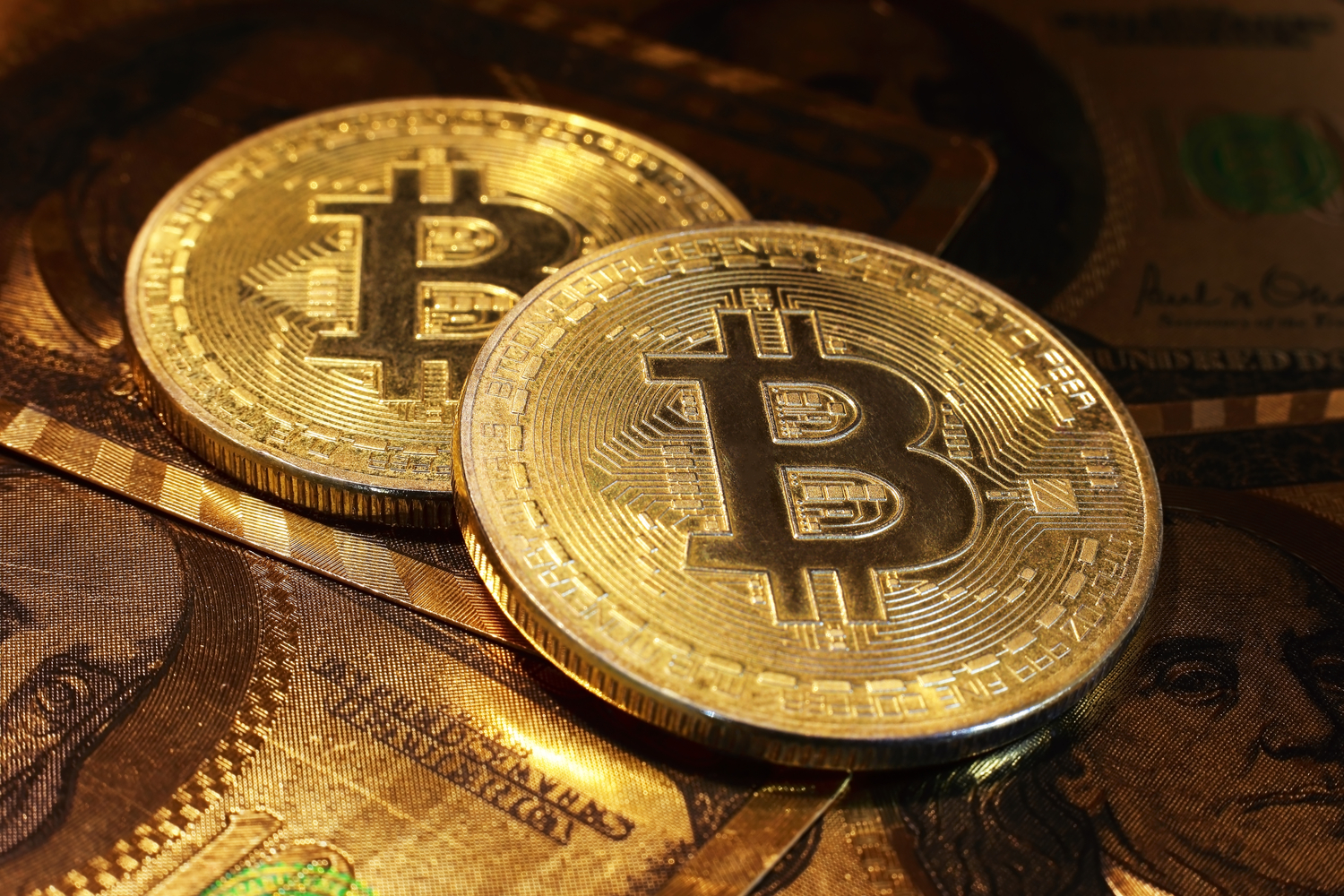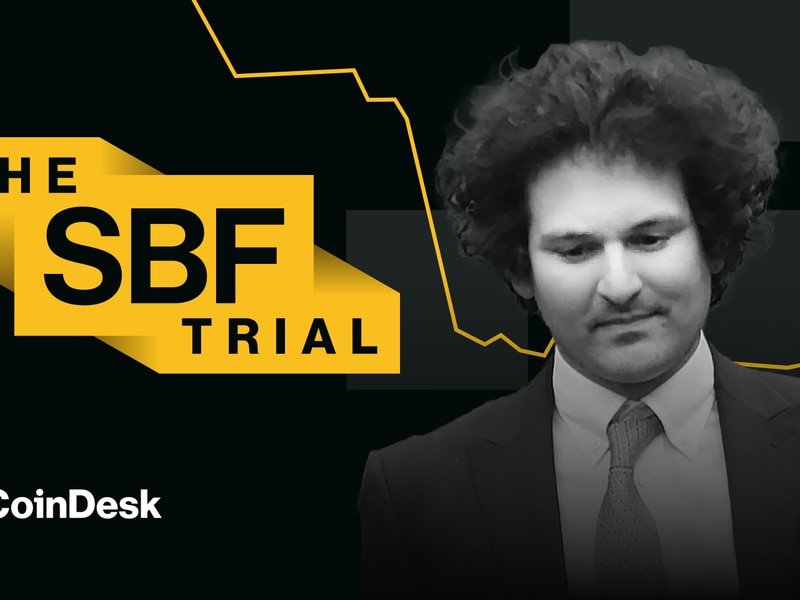Polymarket, Prediction Betting Markets Vindicated by Trump’s Strong Showing
Polymarket founder Shayne Coplan and the market niche he took mainstream in 2024 can take a victory lap.
Along with Donald Trump, the Republican Party, and the cryptocurrency industry, prediction markets are a clear winner of the U.S. election. The GOP’s surprisingly strong showing Tuesday night came as a shock to those who only got their information from mainstream media, pollsters and pundits.

01:35
Why Bitcoin Will Be the Winner Regardless of U.S. Election Results

02:25
DOGE Surges on U.S. Election Day; Bitcoin ETFs Shed $541M and Mt. Gox Moves $2.2B BTC

18:56
Election Night Insights: Prediction Markets Don’t Tell the ‘Full Story,’ Mark Connors Says

01:09
U.S. Recession Signal Flares From 10-Year and 3-Month Yield Spread
To those who’d been watching the odds on Polymarket, Kalshi, PredictIt and similar betting sites over the course of the year, the results were long within the realm of possibility.
“The markets were far and away the best forecast of the 2024 election,” said Koleman Strumpf, a professor of economics at Wake Forest University in North Carolina. “While pollsters said ‘too close to call’ (or [Democratic nominee Kamala] Harris is favored), markets identified Trump as the favorite.”
The vindication comes after several weeks in which the mainstream media harped on the theory that Polymarket, which runs on crypto rails and has seen billions of dollars in trading volume this year, was being manipulated by pro-Trump forces to inflate his odds.
“None of the hysterical claims about how markets would damage democracy or other woes came to pass,” Strumpf said.
Although the Associated Press (traditionally the gold standard) had not called the race in the wee small hours of the morning Wednesday, Polymarket was giving Republican candidate Donald Trump a 98.8% chance of re-taking the White House, up from about 60% 24 hours earlier.
For most of the late summer and fall, polls were giving the edge – albeit small and sometimes within the margin of error – to Democrats.
But by 1:25 a.m. ET Wednesday, even the New York Times, hardly in the tank for Trump, was giving him a greater than 95% chance of victory. The newspaper’s online “needle” was forecasting he would win 306 electoral votes – well more than the 270 needed to win.
None of this is to say that polls and other forecasting methods still don’t have their place, as even proponents of prediction markets were quick to point out.
“The lesson is that markets are great and forecasts are an input to those markets,” said Haseeb Qureshi, a managing partner at Dragonfly (and investor in Polymarket). “Both are valuable, and in this case they didn’t disagree by much. But markets were probably adding in some alpha into the raw forecasts that was missing.”
Aaron Brogan, a lawyer who has studied prediction markets, cautioned against making sweeping conclusions from the fresh data.
“This outcome is consistent with both the prediction market accuracy and an unremarkable polling error modestly biasing traditional polling aggregates,” Brogan said. “Polling aggregators felt this race could swing either way, so this correct prediction market outcome could easily be the result of pure chance. While this result is vindicating for prediction markets, the hypothesis that highly liquid markets produce reliable election signal[s] is best demonstrated over time across a number of races.”
Nevertheless, participants in these markets could be forgiven for feeling vindicated right now.
“Prediction markets work,” said Hart Lambur, co-founder of UMA Protocol, a decentralized oracle service that referees outcomes and disputes for Polymarket.
“Polymarket (and others) literally ‘predicted’ that Trump was most likely to win, when traditional polls said the race was a toss-up,” Lambur said. “It’s [as] simple as that: prediction markets were a better source of information than the traditional polls, and tonight proved it.”
Sam Reynolds contributed reporting.
Edited by Kevin Reynolds.
Disclosure
Please note that our
privacy policy,
terms of use,
cookies,
and
do not sell my personal information
have been updated
.
CoinDesk is an
award-winning
media outlet that covers the cryptocurrency industry. Its journalists abide by a strict set of
editorial policies.
CoinDesk has adopted a set of principles aimed at ensuring the integrity, editorial independence and freedom from bias of its publications. CoinDesk is part of the Bullish group, which owns and invests in digital asset businesses and digital assets. CoinDesk employees, including journalists, may receive Bullish group equity-based compensation. Bullish was incubated by technology investor Block.one.
:format(jpg)/s3.amazonaws.com/arc-authors/coindesk/d1d917b0-ea51-4a6f-9c33-dec206570812.png)
Marc Hochstein is CoinDesk’s Deputy Editor-in-Chief for Features, Opinion, Ethics and Standards. He holds BTC above CoinDesk’s disclosure threshold of $1K and de minimis amounts of other digital assets (details in bio).
Follow @MarcHochstein on Twitter









